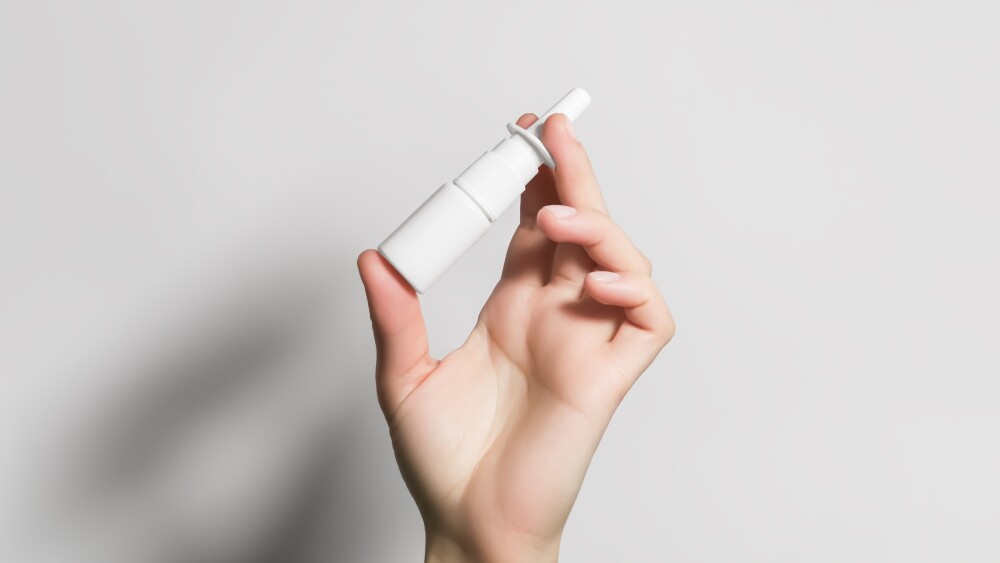CAMBRIDGE, Mass., July 15, 2013 /PRNewswire/ --DART Therapeutics Inc., an innovative, new-model biotechnology firm focused on developing therapies for Duchenne muscular dystrophy (DMD), has initiated a phase 1b/2a study of its lead drug candidate, HT-100 (delayed-release halofuginone). The phase 1b study (with a six-month 2a extension) in patients will determine the safety and tolerability of different, increasing doses of HT-100, and explore trends in a range of efficacy endpoints.
HT-100 is an orally available, small molecule drug candidate intended to reduce fibrosis and inflammation and promote healthy muscle fiber regeneration in boys with DMD. The phase 1b/2a clinical program will enroll 30 boys and young men with DMD, both ambulatory and non-ambulatory. Participating centers include University of California, Davis Medical Center (Sacramento, Calif.), Kennedy Krieger Institute, Johns Hopkins School of Medicine (Baltimore, MD), Washington University School of Medicine (St. Louis, MO), Cincinnati Children's Hospital Medical Center (Cincinnati, Ohio) and Nationwide Children's Hospital (Columbus, Ohio). DART expects to complete the study in mid 2014.
"Treating DMD requires a cocktail of therapies that will change over time," said Gene Williams, CEO of DART Therapeutics. "We believe HT-100 could be a valuable part of this cocktaileven a mini-cocktail on its ownbecause it demonstrates potential to address many different aspects of the disease in parallel, which could make it an exceptionally important therapy for all boys living with DMD."
DART's study will include boys aged six through 20, an atypical age range that allows investigators to evaluate HT-100's safety in a broad population as well as study its effect in different disease stages. Researchers will also evaluate a new endpoint that could make DMD studies faster, more precise, less expensive and inclusive of a larger group of boys. Presently, the six-minute walk (6MW) is the standard endpoint for DMD studies. However, the 6MW has shortcomings including variability and difficulty interpreting the clinical relevance of a given effect size. It also limits study participants to boys who can walk at a certain speed. There are no validated endpoints for very young boys with DMD. The proposed endpoint, electrical impedance myography (EIM), is a simple, non-invasive technique that can measure the health of a muscle and track its changes over time. As a validated endpoint for DMD, EIM would allow researchers to include a wide range of boys in studies and more effectively and rapidly understand how well a treatment is working to halt disease progression.
"Not only do we need several different categories of treatments for DMDa therapeutic cocktail that might include different components depending on the stage of the diseasewe also need new endpoints to improve the quality and speed of our clinical studies," said Dr. Diana Escolar, Associate Professor of Neurology at Johns Hopkins School of Medicine's Kennedy Krieger Institute, DART's Chief Medical Officer and Study Director. "It is only through this two-pronged approach that we will succeed in our mission to make DMD a chronic, manageable disease instead of a fatal one."
Affecting approximately 1 in 3,600 boys worldwide, DMD is the most common of the muscular dystrophies and the most lethal genetic disorder of childhood. It is caused by a genetic mutation that renders boys unable to make functional dystrophin, a protein critical for normal muscle function. Young men with DMD show progressive signs of physical impairment as early as age three, lose the ability to walk in their teens, and die of cardiac or respiratory failure in their late twenties or early thirties. HT-100 may help promote healthy muscle regeneration, reduce inflammation and the resulting damage to muscle, and decrease the scar tissue that forms in the muscles of boys with DMD. The drug candidate has Orphan Drug Status in the U.S. and EU.
The study sponsor, Halo Therapeutics, is a subsidiary of DART Therapeutics. More information is available at clinicaltrials.gov, identifier NCT01847573 or via the following link: http://www.clinicaltrials.gov/ct2/show/NCT01847573.
About DART Therapeutics
DART Therapeutics Inc., Cambridge, Mass., is a biotechnology firm applying a new model for drug development to rare pediatric neuromuscular diseases. In the DART model, patient foundations join with biotechnology industry veterans to impact a central problem in rare diseases: Rapid therapy development. DART is focused on Duchenne muscular dystrophy, a fatal neuromuscular disease for which there is no effective treatment. For more information, please visit www.dartrx.com.
Media Contact:
Shanti Skiffington
617.921.0808
shanti.skiffington(at)gmail.com
SOURCE DART Therapeutics Inc.
Help employers find you! Check out all the jobs and post your resume.




